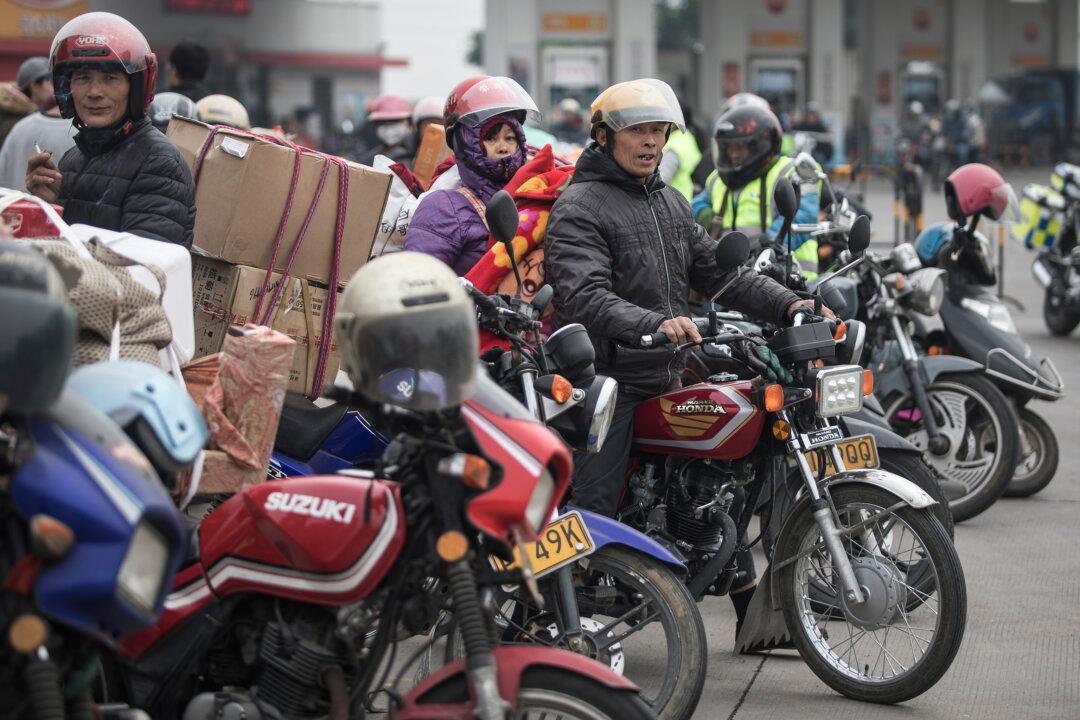News Analysis
China’s Ministry of Agriculture and Rural Affairs (MARA) recently announced that about 40 million rural residents, including those that have moved back home from cities, are starting up new businesses. However, some experts question the data and believe that the authorities are trying to conceal the fact that millions are unemployed in the the country’s rural areas.





